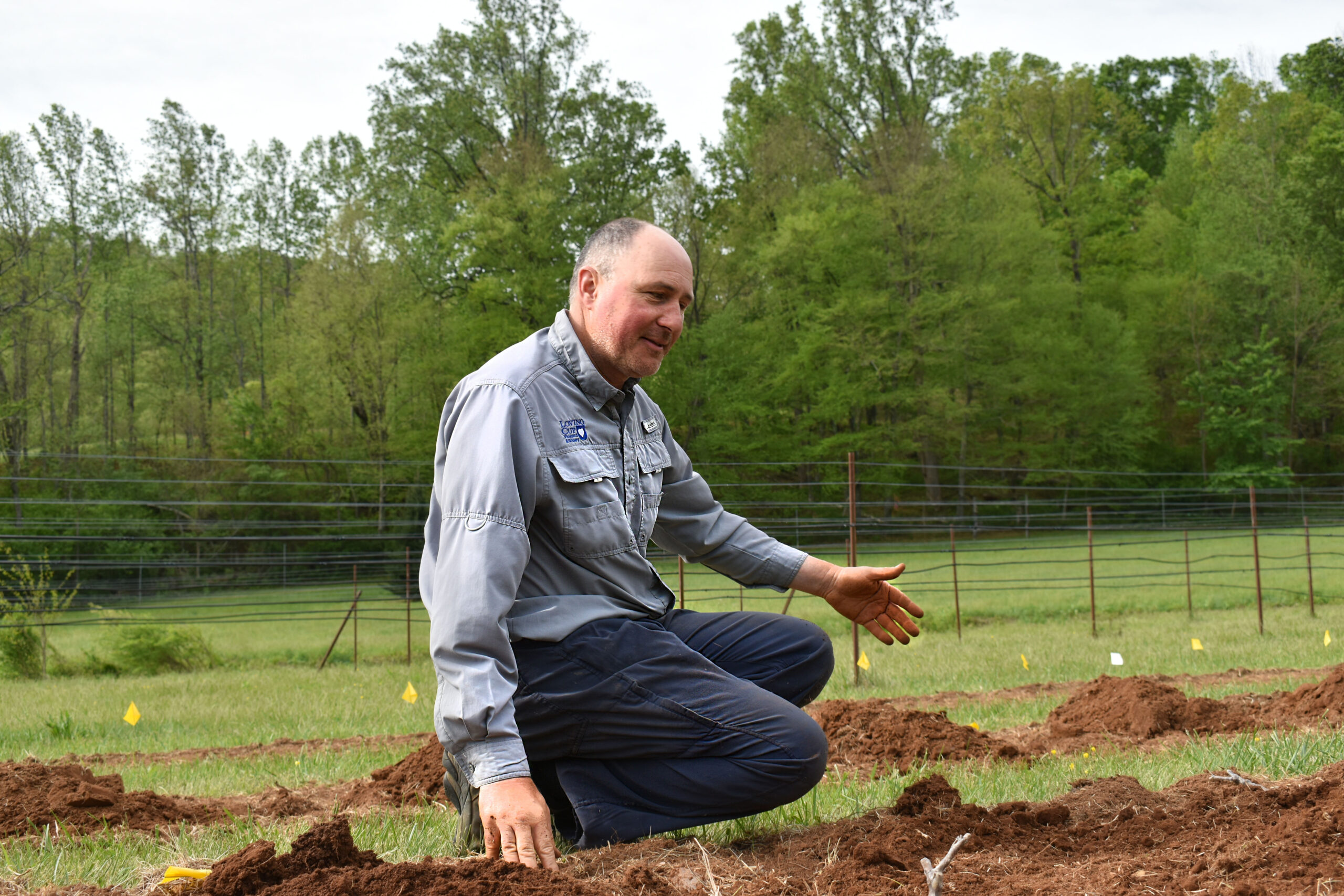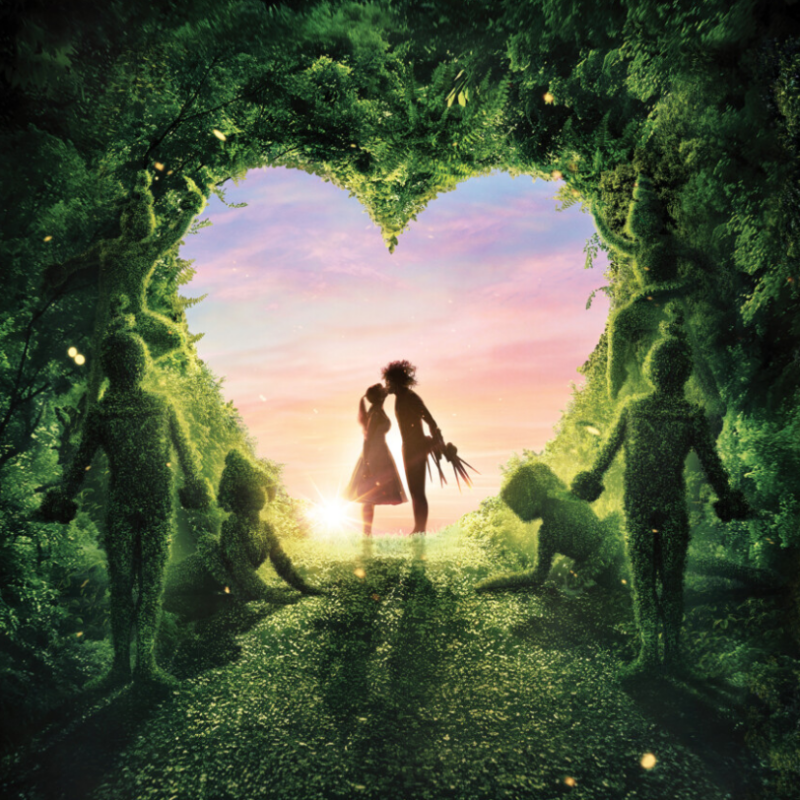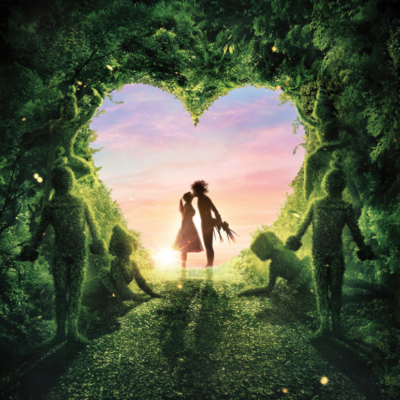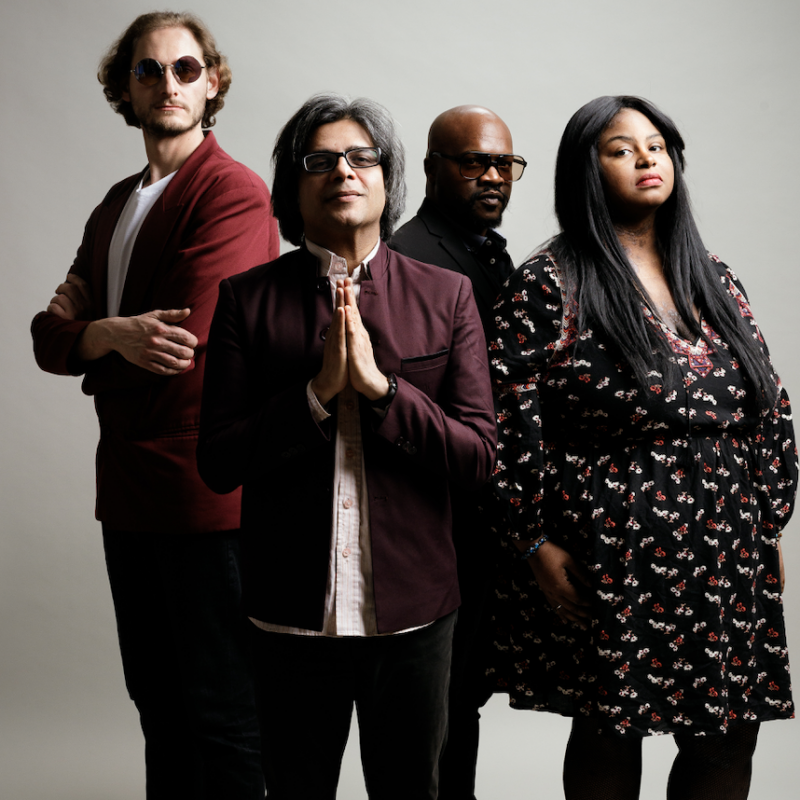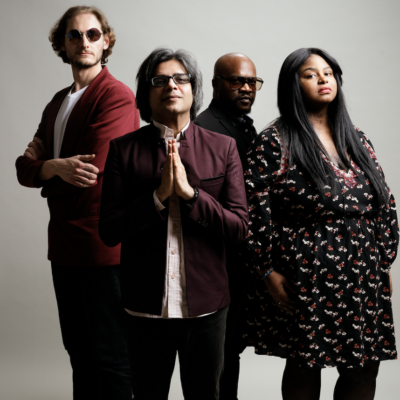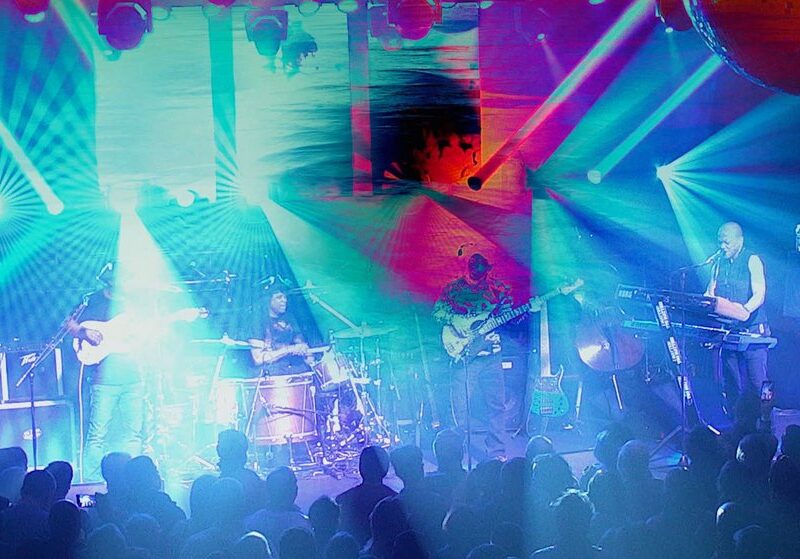On a sunny, breezy Sunday morning in late April, Mary Ames is paying for her membership in the Loving Cup Wine Club, but not by credit card or cash. Instead, she is dusting the roots of about-to-be-planted vines with an organic fungicide. “Without this, the roots would not thrive,” Ames says, as she sprinkles a small scoop of endomycorrhizal inoculant powder over the roots. “This is probably the most important job, as I see it.”
The comment draws chuckles from nearby co-workers, Suzi Blaze and Zach Kennedy, who are breaking up the ground with shovels to create holes for the new plantings. “Well,” Ames adds, quickly. “Digging is important, too.”
Ames and Blaze have been helping at Loving Cup in North Garden since 2017; Kennedy joined seven weeks ago. If they work eight hours in the vineyard, they’ll receive a 25 percent discount on Loving Cup wines for a year.
It’s an unconventional idea but then Loving Cup prides itself on being different. It stands out as the only certified-organic winery in the state, and one of only three on the East Coast. Kennedy, who plans to open his own winery, likes the model that Loving Cup owner Karl Hambsch established.
“I wanted to learn more about it,” Kennedy says. “And his wine’s really good.”
The Virginia Vineyards Association agrees: In 2019, it honored Hambsch as Grower of the Year. The winery’s list is a mix of dry, off-dry, semi-dry, and sweet wines, intriguingly described. “Abundant strawberries and cherries with soft acid” are noted in the 2022 Governors Cup silver winner Dudley Nose Rosé, while “aromas of strawberry bubble gum contrast with flavors of tart cranberry” in the 2024 sparkling rosé. The 2023 Dog Hollow White is “aged in fresh bourbon barrels from an organic distillery” and combines “butterscotch, pears, and a buttery finish.” Straw Wine is an “experimental dessert wine made by first sun-drying the grapes into raisins.” Lucky Break, which is hailed as a favorite by several of the fans working this morning, is a dry red blend “with flavors of blackberries and grape jelly.”
Loving Cup takes its name from a Rolling Stones song and, while Hambsch may not exactly embody “the plowman in the valley with a face full of mud” that Mick Jagger and Keith Richards describe in their lyrics, on this particular morning, he is definitely getting his hands dirty, positioning roots in the holes and covering them with earth. He has 17 years of experience, and planted his first vines in 2008.
Hambsch previously worked for Prince Michel and Veritas wineries, and he and his father, Werner, had tried making their own wine with blueberries, blackberries, persimmons, cherries, and pears.
“Winemaking is fun, you know?” Hambsch says. “It doesn’t require that much work. You sort of smush up some fruit and you open a package of yeast, and you put it in, and it usually makes wine that’s palatable.”
The hobby would develop into a business, as Hambsch brought veteran viticulturalist and consultant Chris Hill on board. Hiring Hill was “the best decision we ever made,” Hambsch says, “because if we didn’t have someone who had decades of experience looking over our shoulder the entire time, we never would have taken the next step, which was planting the field. With his advice and with his support and his counsel, we were able to take a very small planting and learn so much from it.”
Around the same time, Hambsch began experimenting with disease-resistant hybrid grapes and organic sprays to avoid using traditional fungicides. The vineyard was certified organic by Quality Certification Services before its first harvest in 2012.
Running a vineyard requires “a certain tolerance for risk,” Hambsch says. “We’ve had a slew of challenges, whether it be seasons with double the amount of annual rainfall, to several different invasive insects that each threatened to ruin the vineyard. But we’ve somehow been able to recover from the hardships.”
The latest threat is the notorious spotted lanternfly. “They’re like little vampires—sucking the sap, stealing energy from the vines,” Hambsch says. He plans to deal with the menace by reducing his crop a bit and hoping that natural pathogens and beneficial insects keep the pests in check.
“I try not to be, you know, Chicken Little about it, but every invasive that comes through is, potentially, a disruption to the natural equilibrium of the system. But usually, nature will absorb it.”
Other insects get a warmer welcome at Loving Cup. One Saturday evening in late April, artist and lepidopterist Deborah Davis, whose paintings have been displayed in the gallery adjoining the tasting room, set up black lights to attract local moths. On June 28, the winery raises a glass to the marvels of bioluminescence at A Field of Fireflies, where guests are invited to relax on the veranda and watch the vineyard sparkle.
Loving Cup’s Karl Hambsch says that running a vineyard requires “a certain tolerance for risk.” The North Garden winery conceived its organic concept in 2007, and planted its first vines in 2008. Supplied photo.
